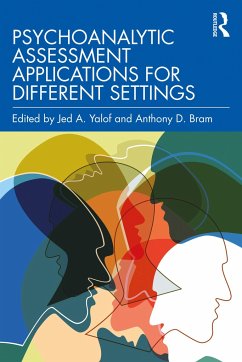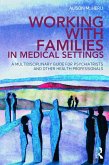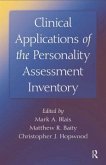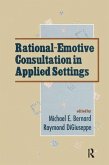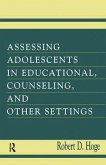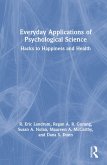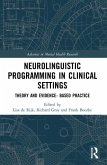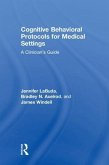In this edited book, expert assessors illustrate through case examples how they apply psychoanalytic theory to different clinical settings. These settings include private practice, neuropsychological, medical, forensic, personnel, custody, school, and psychiatric-residential.
Psychoanalytic Assessment Applications for Different Settings allows the reader to track the assessor's work from start to finish. Each chapter presents a description of the clinical setting in which the assessment occurred; a detailed review of the referral and patient history; test selection and test findings with supporting data drawn from self-report, and cognitive and personality performance-based measures; psychiatric and psychodynamic diagnoses; implications and recommendations; discussion of the feedback process; and assessor-self reflections on the case. Throughout the book, psychodynamic concepts are used to help understand the test data. The authors are experts in the psychodynamic assessment of clients in private practice, educational, medical, neuropsychological, and forensic settings. The findings are derived from methods particular to each setting, with supporting data highlighted and woven throughout the interpretive process.
Students, educators, practitioners, and the professionals who collaborate with assessors will benefit from this book's offerings.
Psychoanalytic Assessment Applications for Different Settings allows the reader to track the assessor's work from start to finish. Each chapter presents a description of the clinical setting in which the assessment occurred; a detailed review of the referral and patient history; test selection and test findings with supporting data drawn from self-report, and cognitive and personality performance-based measures; psychiatric and psychodynamic diagnoses; implications and recommendations; discussion of the feedback process; and assessor-self reflections on the case. Throughout the book, psychodynamic concepts are used to help understand the test data. The authors are experts in the psychodynamic assessment of clients in private practice, educational, medical, neuropsychological, and forensic settings. The findings are derived from methods particular to each setting, with supporting data highlighted and woven throughout the interpretive process.
Students, educators, practitioners, and the professionals who collaborate with assessors will benefit from this book's offerings.

